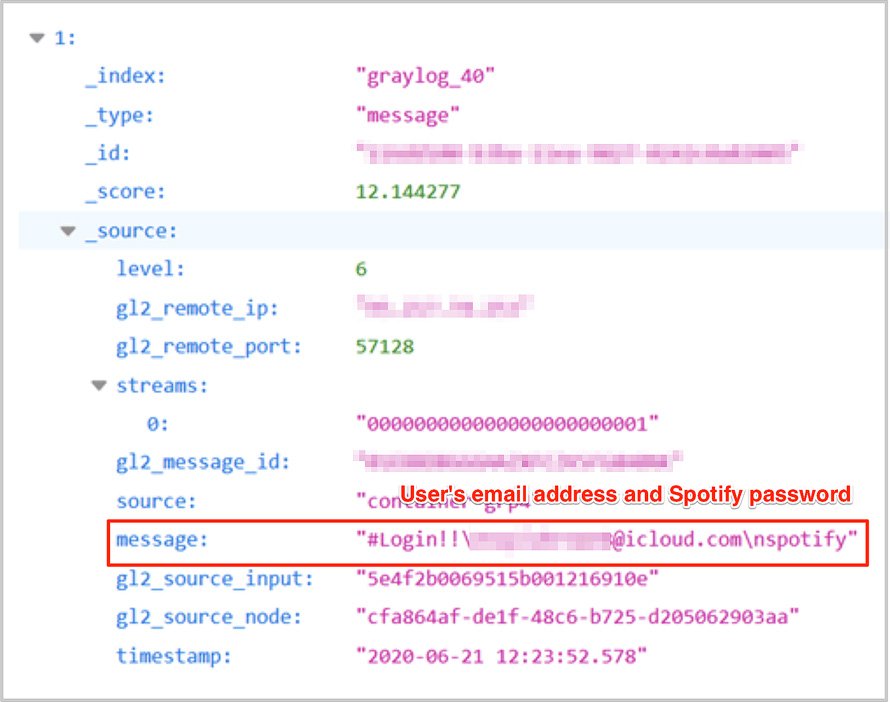Detroit man sentenced to prison for hacking into bank accounts, stealing $300K
A Detroit man was sentenced to prison for stealing more than $300,000 from the bank accounts in a criminal enterprise, Michigan Attorney General Dana Nessel said Wednesday.
Johnny Richardson, 28, was sentenced to three to 20 years behind bars for conducting a criminal enterprise that included gaining cellphone data of victims and hacking into their bank accounts for money or to take out loans, according to Nessel’s office. Richardson will be required to pay for court costs, crime victim fees and $309,210 in restitution.
Richardson already is serving eight years in prison for operating an unemployment fraud scheme during the COVID-19 pandemic. He pleaded guilty in July 2021 to stealing $138,000 in COVID aid.
“Richardson, either himself or through others, filed fraudulent unemployment claims over the internet in at least five states resulting in the fraudulent disbursement of at least $683,555 of funds intended for unemployment assistance during the pandemic,” federal officials said in 2021.

During the $2.5 million unemployment scheme, Richardson was accused of allegedly providing information on Michigan claims to Brandi Hawkins, a former contract employee at Michigan’s Unemployment Insurance Agency.
“Hawkins subsequently used her insider access to fraudulently release payments on these claims,” according to the federal government.
The latest conviction of a criminal enterprise was the result of a joint investigation between the Attorney General’s Financial Crimes Division and the U.S. Postal Service.
“Identity theft constitutes a serious crime that can have devastating impacts on someone’s finances, economic security and sense of personal privacy for a lifetime, and an operation like this warrants a significant sentence,” Nessel said in a statement Wednesday. “I appreciate the collaboration of the USPS with my team to bring down this criminal enterprise and I am extremely pleased with all their hard work.”
Under the scheme, Richardson and other conspirators would port or transfer victims’ cellphone account information to “burner” cell phones. He would then hack into bank accounts by using dark web identity information and set up two-factor authentication with the burner…




